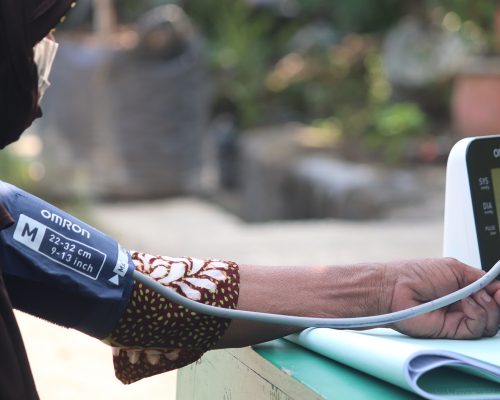Medical checkups are an essential aspect of maintaining good health and preventing potential health issues. These routine examinations allow healthcare professionals to assess a person’s overall well-being and identify any underlying health problems that may not yet be causing visible symptoms. By detecting and addressing health concerns in their early stages, medical checkups can significantly increase the chances of successful treatment and improve long-term health outcomes.
During a medical checkup, healthcare providers typically conduct a thorough physical examination, review the patient’s medical history, and may order additional diagnostic tests such as blood work or imaging scans. These examinations provide an opportunity to monitor vital signs, such as blood pressure, heart rate, and body mass index, and identify any abnormalities or deviations from the normal range. Moreover, medical checkups often include screenings for various conditions such as high cholesterol, diabetes, cancer, and sexually transmitted infections, allowing for early detection and intervention. Additionally, healthcare professionals can offer advice on lifestyle modifications, such as diet and exercise, to promote overall health and prevent future health problems. Overall, medical checkups are an essential tool in preventive healthcare, enabling individuals to take proactive measures to preserve their well-being and maintain a high quality of life.
Barriers of getting a regular checkup
Getting a regular medical checkup is crucial for maintaining good health and preventing potential health issues. However, for many individuals, incorporating medical checkups into their routine can be quite challenging. There are several reasons why this is the case.
- Time constraints are a major obstacle to making medical checkups a routine. Many people lead busy lives, juggling work, family responsibilities, and various other commitments. Finding the time to schedule and attend a medical checkup can be difficult, especially when appointments often need to be made well in advance. Additionally, the waiting time at clinics or hospitals can be lengthy, further adding to the time constraints. As a result, individuals may postpone or skip their checkups altogether, prioritizing other pressing matters over their health.
- The financial aspect of medical checkups can deter individuals from making them a routine. Healthcare costs, including consultation fees, laboratory tests, and medications, can add up quickly. Especially for those without comprehensive health insurance coverage, the expense of regular checkups can pose a significant financial burden. This can lead individuals to prioritize immediate financial needs over preventive healthcare, perceiving medical checkups as an unnecessary expense.
This issue came to light in regards to the subject of medical checkups, which was investigated in a survey conducted by Capstone-Intel Corporation. The findings reveal that a mere 40% of individuals undergo an annual checkup, while only 7% choose to have a checkup every 2-3 years.



























